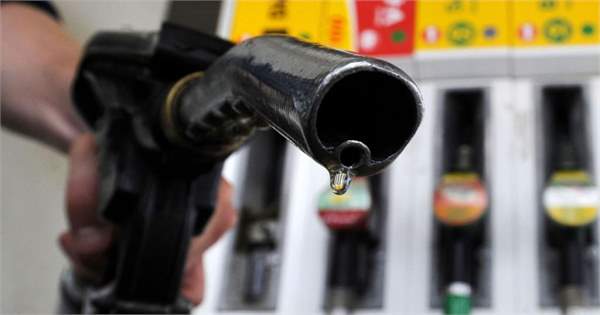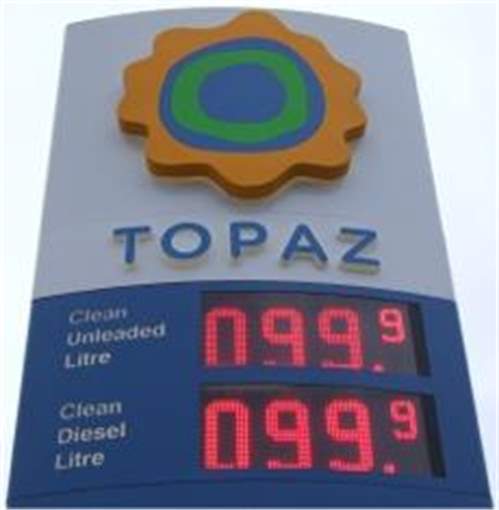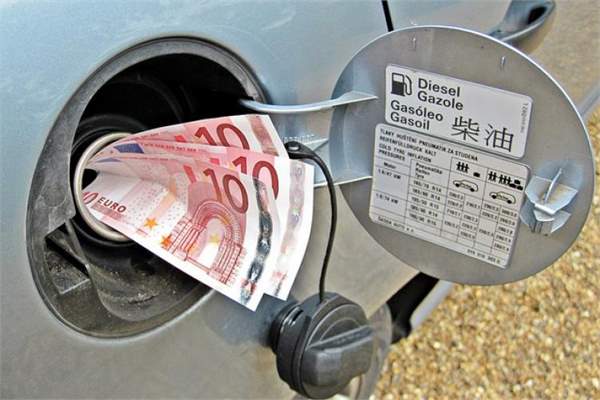
If you're an average mileage motorist in Ireland then you can't have missed the pleasing trend downwards in the price of a litre of fuel. The AA reckons that most drivers are saving north of €30 per month on their fuel costs and those that use the most are saving the most, obviously. Diesel has dropped from €1.476 in 2014 to €1.243 in 2015 to an incredibly low €1.087 right now (January 2016). And we've seen some garages advertising diesel at just 99 cent per litre too.

In spite of the dominance of diesel in new car sales,
Cartell.ie's data reveals that there are still more petrol-fuelled cars on the road. In January 2014, a litre of unleaded cost, on average, €1.529 in Ireland; in January 2015 that had dropped to €1.316, but right now the national average is €1.231. Nonetheless, there are wide variations across the country (and indeed, even in a given area) so while it makes no sense to drive miles out of your way to save a few cent per litre, it is worth keeping an eye on prices in your area so you know which garage is cheapest when it comes time to top up.
None of us are complaining about the drop, but given previous experience, we're all sceptical about its longevity. Don't expect a flurry of V8-engined gas-guzzling SUVs to top the sales charts any time soon... So, what's causing the change and are low prices here to stay?
You need to look at global oil production and consumption to understand what's going on. It boils down to the price of a barrel of oil, which has dropped some 60 per cent since June 2014. The international benchmark you've probably heard mentioned is the price of a barrel of 'Brent crude'. At the time of writing it's just €31 a barrel, its lowest level since at least 2004.
And why has that price dropped? Simple supply and demand, it seems, with the USA bang in the middle of it all. The US, you see, nearly doubled its own production of oil over the past few years, which meant it was importing less.

The countries that used to profit from US sales - such as Saudi Arabia - have had to compete for business elsewhere and drop their prices to do so. On top of that, energy consumption in Europe is reducing as efficiency measures come on stream - and that includes cars too, which are becoming more economical.
It's difficult to predict how long the low prices will remain, and the oil companies are not happy about it, but with a lot of competition in the market now it looks relatively stable for the moment.
You may be wondering why a 60 per cent drop in the price of crude oil doesn't translate into a 60 per cent reduction in the price of a litre at your local forecourt. That's because of taxes the Irish government charges, which is not a percentage of the price, but a fixed ratio per litre sold.

For petrol it's over 60 cents per litre (not including VAT at 23 per cent, which is added on at the end) and for diesel it's about 50 cents per litre. So even if the retailer got the fuel for free it would cost that amount for the motorist to buy.